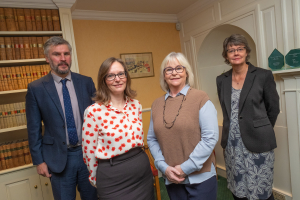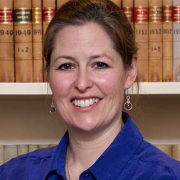
Private Client team – Alan Douglas, Rebecca Griffiths, Michelle Forster and Sara Frost.
The Wills and Probate team at Nicholson Portnell have been hard at work participating in the annual Will Aid Scheme. Sara Frost, Alan Douglas, Rebecca Griffiths and Michelle Forster are all members of the specialist Society of Trust and Estate Practitioners. They have prepared simple Wills free of charge for clients who have made a donation to the Will Aid Scheme. Will Aid is a charity which raises funds from solicitor’s clients in this way and distributes those funds to their partner charities across the UK and around the world. The nine charities including Save the Children, Age UK and the British Red Cross.
Nicholson Portnell has supported Will Aid since 2018 raising a cumulative total of £3,075 for the charities. Nicholson Portnell hopes to support Will Aid again in 2022.
Making a Will and ensuring it is kept up to date is one of the most important things that you can do for your family.
To discuss making a Will, or for any other aspect of estate planning or probate advice, please contact the Wills and Probate department at Nicholson Portnell on 01434 603656 or reception@nicholsonportnell.com.









